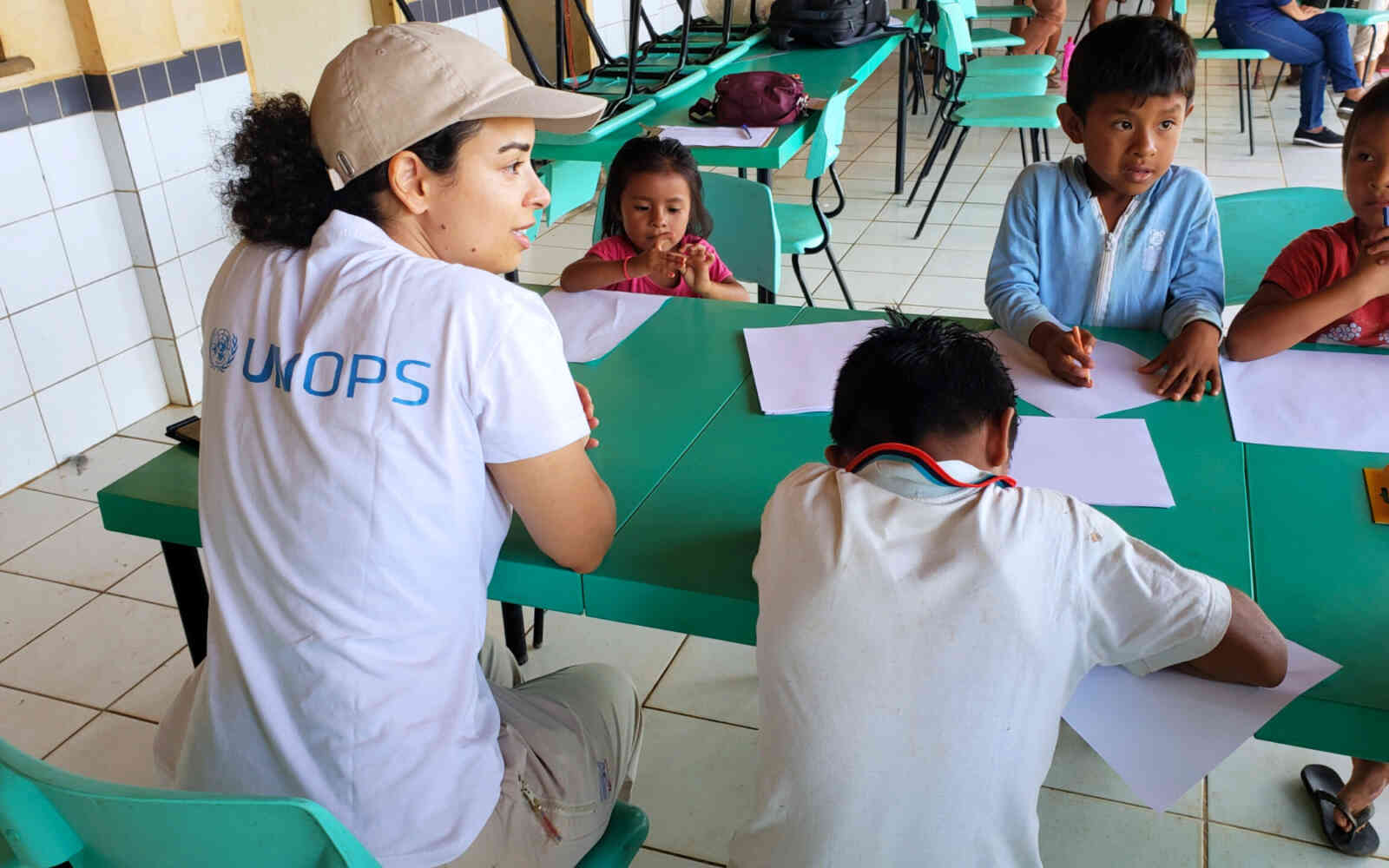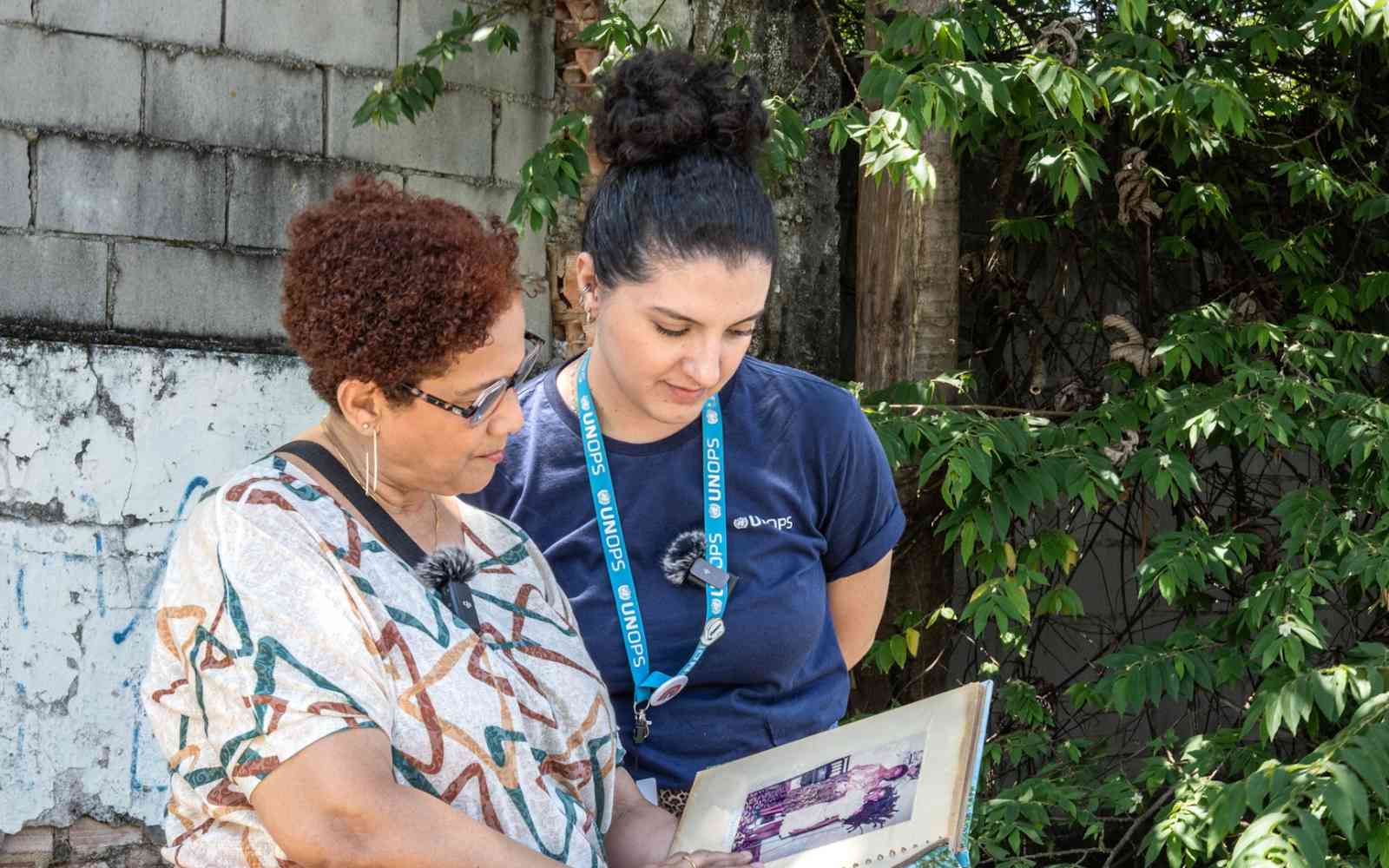The United Nations Office for Project Services (UNOPS)
Supporting social housing development in Brazil
In partnership with the government of Brazil at the federal and local levels, UNOPS is providing technical assistance towards initiatives that will expand affordable rental housing and support low-income families across the country, through public-private partnerships.
Brazil’s shortage of affordable housing is pushing low-income families to city outskirts that lack jobs and much-needed services – deepening social exclusion, raising urban costs and straining the environment as settlements often expand into fragile natural areas.
Working with the federal government of Brazil, local governments and Caixa Econômica Federal (CAIXA), a Brazilian state-owned bank, UNOPS is supporting the expansion of affordable rental housing for low-income Brazilian families through the development of five public-private partnerships (PPP) initiatives.
With funding from the Fund to Support the Structuring and Development of Concession and PPP projects (FEP), UNOPS will provide technical assistance to structure and model these PPPs. The goal is to enable low-income families to access affordable rental housing closer to jobs, schools and essential public services.
This week, the initiative officially welcomed its first participating municipality: Santo André, in the Greater São Paulo area.
“Santo André has stood out for its innovative approach to housing. Now we are taking another step with social rental, to create a model that expands access to dignified housing, reduces the housing deficit and revitalizes the local economy," said Gilvan Ferreira, Mayor of Santo André.
The Santo André project will provide approximately 1,600 housing units for low-income families. Working with the municipality, UNOPS will carry out an assessment of the housing, land tenure and urban situation. This analysis will inform the design of cost-effective scenarios for residents, as well as the preparation of socio-environmental assessments, architectural and engineering studies, economic-financial modeling, and the structuring of the PPP contract model, among other activities.
PPPs applied to social infrastructure can be powerful tools for development. The entire project structure will be designed to reflect the local context and the diverse needs of the people targeted by the public policy.
In addition to the municipality of Santo André, four other cities will join this initiative that will help improve the housing conditions for thousands of people in other parts of the country.












